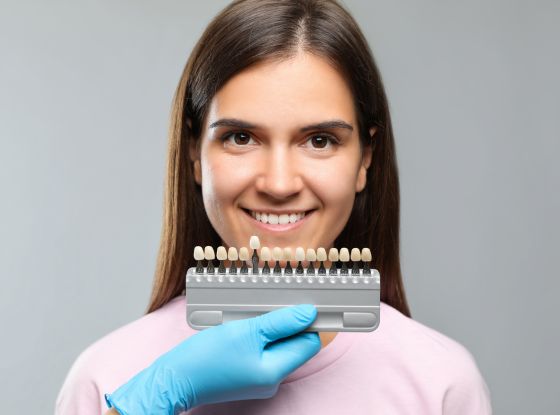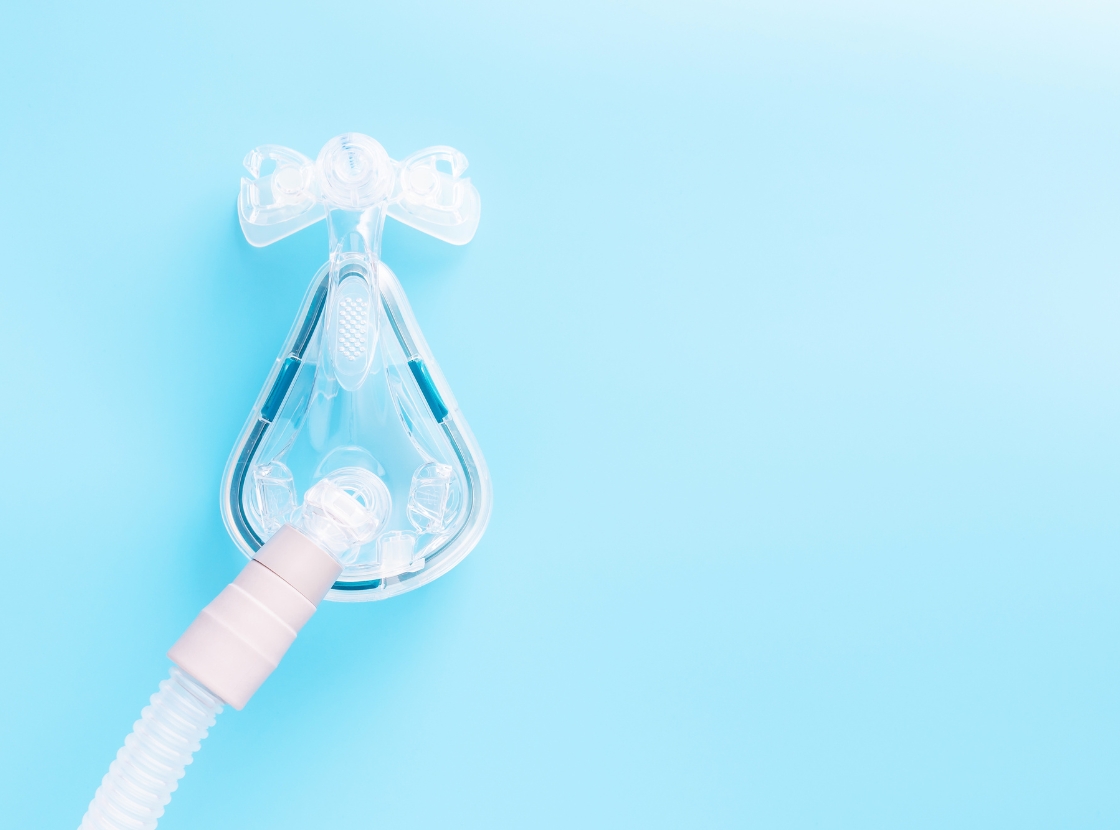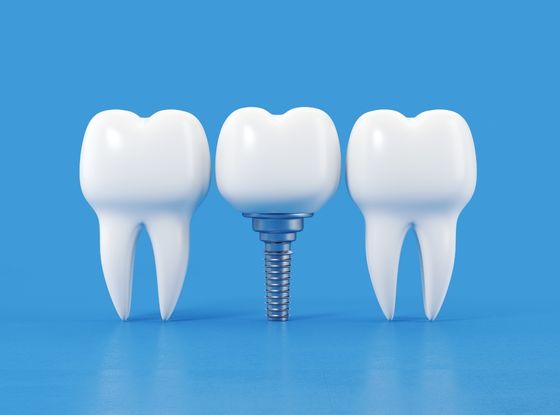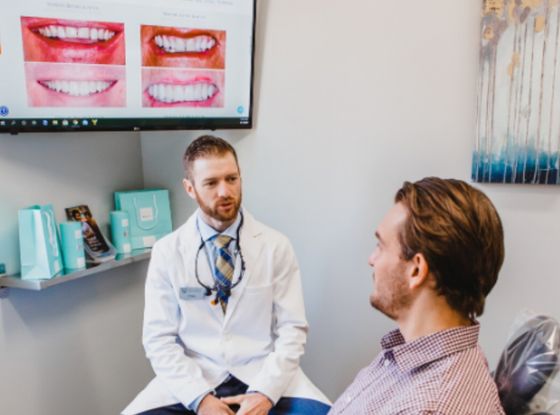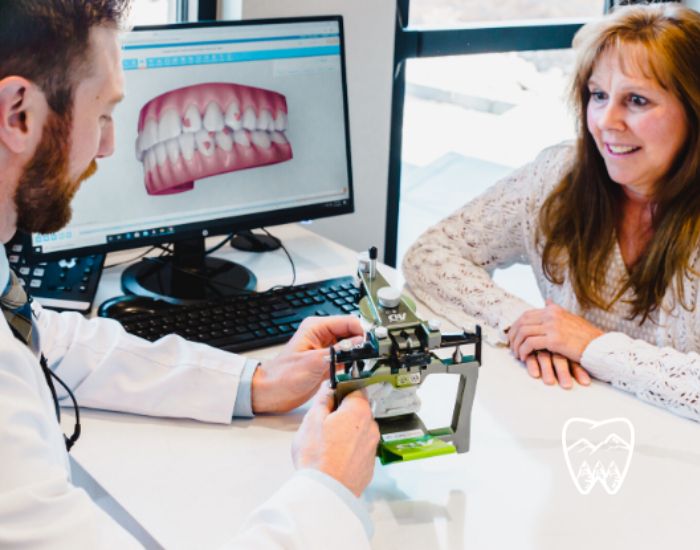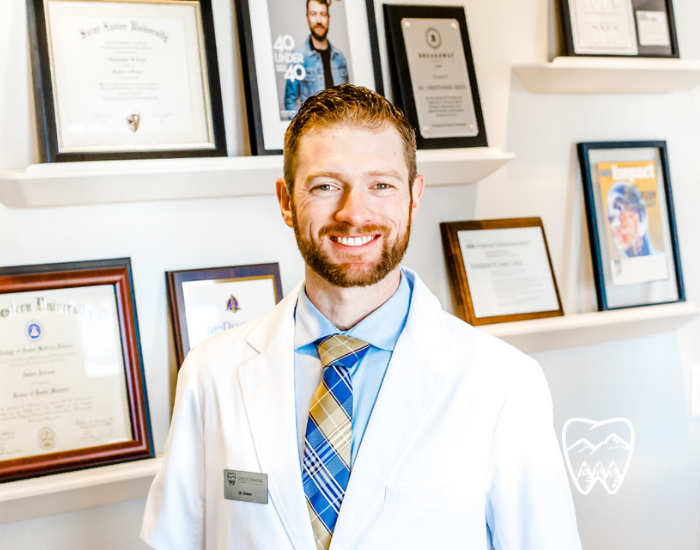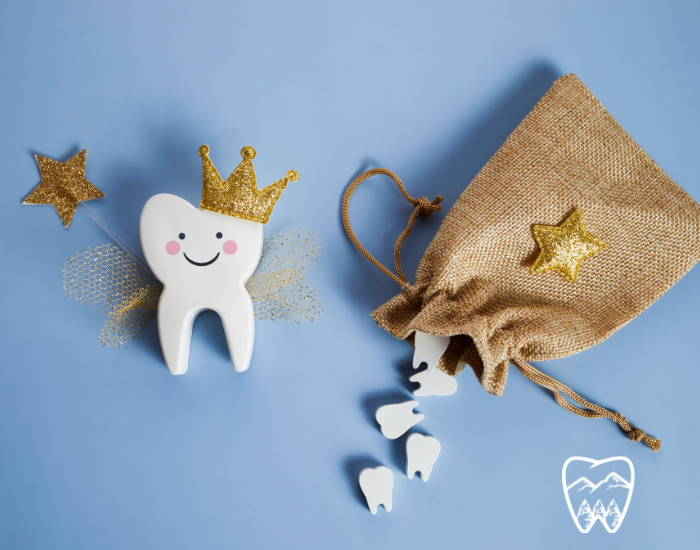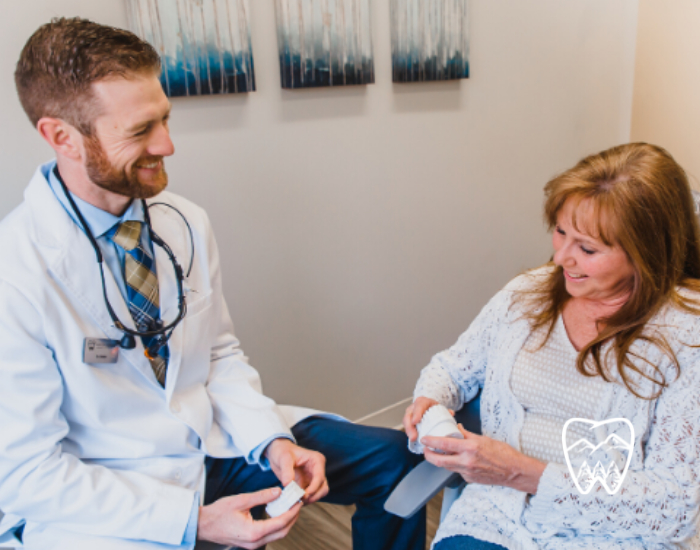Advantages of Tooth-Colored Fillings
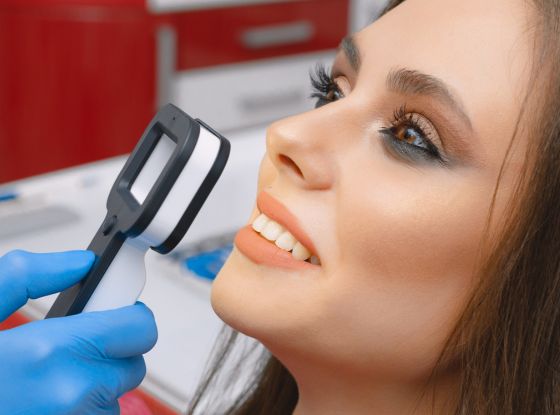
Embracing the Future of Dentistry: The Advantages of Tooth-Colored Fillings by Green Dental Care in Parker, CO
In the ever-evolving field of dentistry, innovations continue to redefine the way we care for our oral health. One such advancement that has gained widespread popularity is the use of tooth-colored fillings. As the best dentist in Parker, CO, Green Dental Care is at the forefront of this revolution, offering patients an aesthetically pleasing and functionally superior alternative to traditional silver amalgam fillings.
The Aesthetic Appeal
One of the most notable advantages of tooth-colored fillings is their aesthetic appeal. Unlike traditional silver amalgam fillings, which are conspicuous and can mar the natural beauty of your smile, tooth-colored fillings blend seamlessly with your natural tooth color. Green Dental Care understands the importance of a radiant smile, and their commitment to using the latest technology ensures that patients can smile confidently without the worry of visible dental work.
Improved Functionality
Beyond their visual appeal, tooth-colored fillings boast superior functionality. These fillings bond directly to the tooth structure, providing added support and reducing the risk of fractures. This bond also helps to restore the original strength of the tooth, allowing for a more natural and robust chewing experience. Green Dental Care prioritizes the long-term health and functionality of your teeth, making tooth-colored fillings an ideal choice for those seeking both form and function.
Mercury-Free and Biocompatible
Traditional silver amalgam fillings contain mercury, a material that has raised concerns over its potential health risks. In contrast, tooth-colored fillings used by Green Dental Care are mercury-free, alleviating any worries about exposure to this controversial substance. Additionally, these composite materials are biocompatible, meaning they are well-tolerated by the body. This makes tooth-colored fillings an excellent choice for individuals who prioritize not only their oral health but also their overall well-being.
Preservation of Natural Tooth Structure
Tooth-colored fillings require less removal of healthy tooth structure compared to traditional amalgam fillings. This preservation of natural tooth structure is crucial in maintaining the integrity of your teeth. Green Dental Care’s approach focuses on minimally invasive procedures, ensuring that only the damaged or decayed portions of the tooth are removed, leaving the healthy parts intact. This conservative approach promotes overall dental health and reduces the likelihood of future complications.
Durable and Long-Lasting
Green Dental Care understands the importance of investing in long-lasting solutions for dental issues. Tooth-colored fillings are renowned for their durability, with the composite materials used by Green Dental Care standing up to the rigors of daily chewing and biting. These fillings can withstand the forces exerted during normal oral functions, providing a reliable and enduring solution to dental problems.
Customized and Shade-Matched
At Green Dental Care, each patient is unique, and their dental treatments are tailored to meet individual needs. Tooth-colored fillings offer the advantage of customization, allowing for precise shaping and contouring to match the natural anatomy of your teeth. Moreover, the composite materials come in a variety of shades, ensuring a seamless blend with your existing teeth. This attention to detail is what sets Green Dental Care apart as the best dentist in Parker, CO, delivering personalized and aesthetically pleasing results.
Contact Us!
As we navigate the dynamic landscape of modern dentistry, it becomes evident that tooth-colored fillings represent a superior choice for those seeking both cosmetic enhancement and functional restoration. Green Dental Care’s commitment to providing the best dental care in Parker, CO, is exemplified through their embrace of innovative technologies and materials. By choosing tooth-colored fillings, patients not only benefit from a visually appealing smile but also enjoy the peace of mind that comes with a mercury-free, biocompatible, and durable solution. Green Dental Care invites you to experience the future of dentistry – where excellence meets aesthetics for a brighter, healthier smile.


